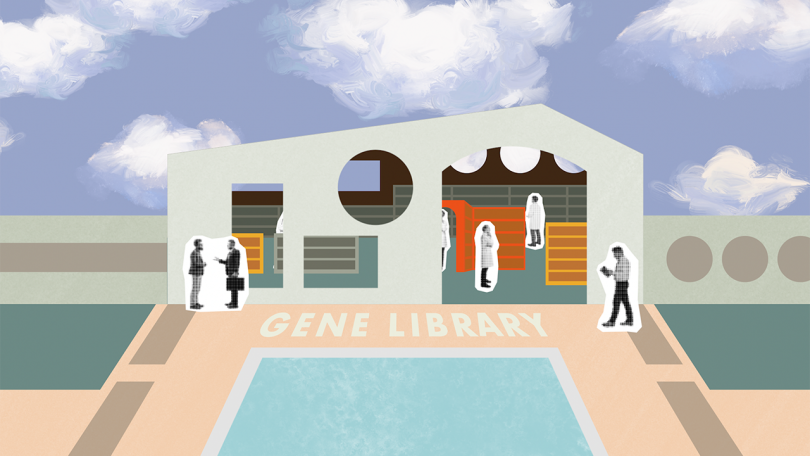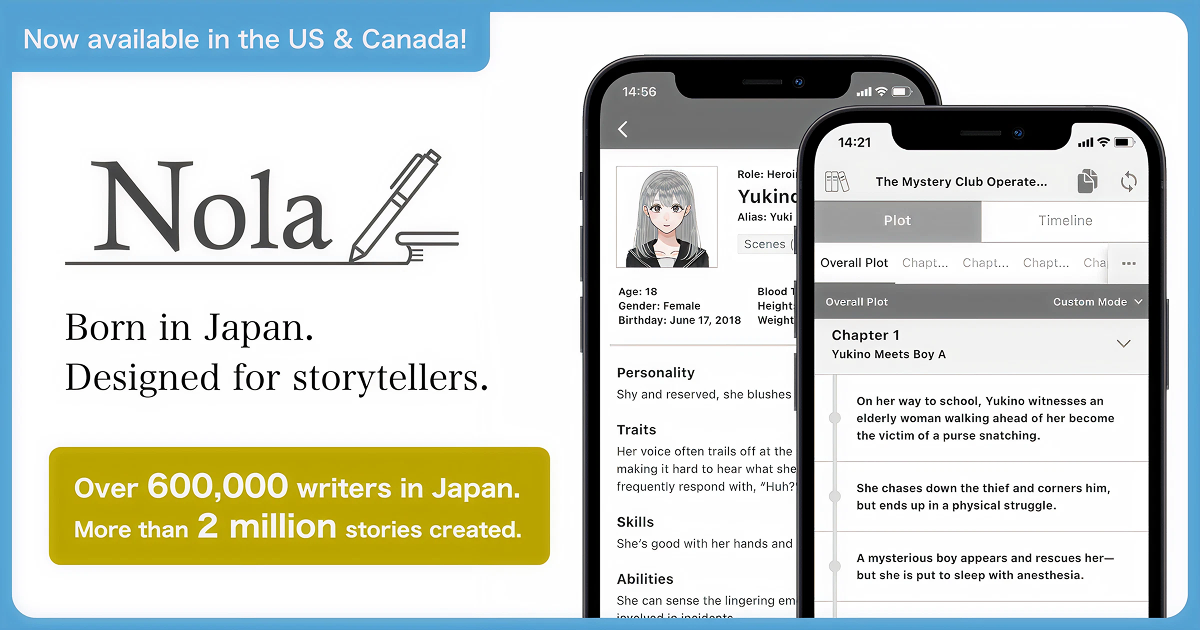May 14th, 2021 — Meiji University creates a series of promotional videos, “Incredible Senseis at Meiji University,” and a landing page to tell the world about its research, which leads the field not only at home in Japan but also abroad. Using English-language narration and subtitles in English and Japanese, the new video introduces the work of Professor Kentaro Yano, School of Agriculture.
The video make the results of our university’s cutting-edge research, which aims to contribute to society, easily accessible to and engaging for a broad general audience, rather than simply to other researchers. They combine animation and explanations by the researchers themselves, paired with catchy music and narration to create highly ingenious and attractive movies.
Meiji University’s internationalization initiatives have been selected by the Ministry of Education, Culture, Sports, Science and Technology (MEXT) for multiple competitive funding programs, including the “Top Global Japan Project” Project. As a driving force behind the globalization of Japanese society, we intend to proactively disseminate our world-leading research to the international community, aiming to raise the university’s profile overseas.
“Incredible Senseis at Meiji University”
https://www.meiji.ac.jp/cip/english/incredible-senseis/
“A GENE LIBRARY for Plants” Who will navigate a vast sea of information on plant genes?
https://youtu.be/7UIArYh8MC4
Kentaro Yano, Ph.D.
Professor, School of Agriculture
We can’t create a sustainable society without product development technology that harnesses biomass resources and plant-based materials. If there was a “library” that compiled and organized genetic information on various species of plants, it would speed up research on utilizing plant-based materials. But such information cannot be handled in the usual way, because the volume of academic papers and data on genetic information is huge, and researchers use a wide variety of terminology. Find out more from Professor Kentaro Yano, who is striving to overcome these obstacles by using artificial intelligence to pinpoint knowledge and information.








